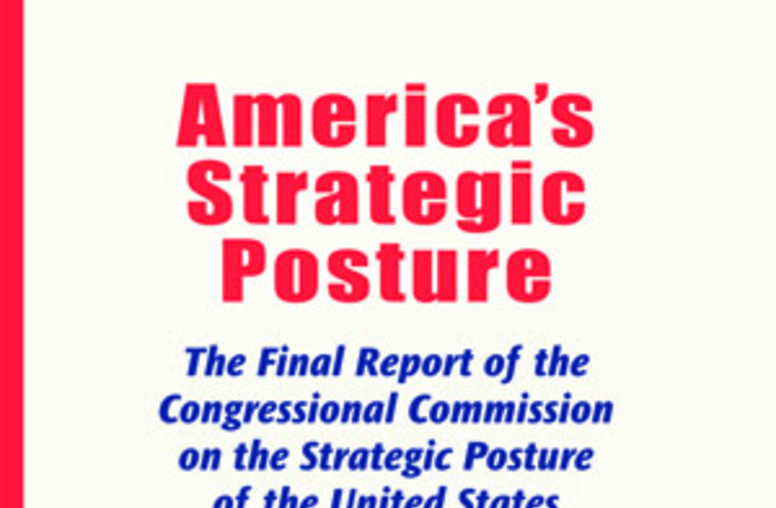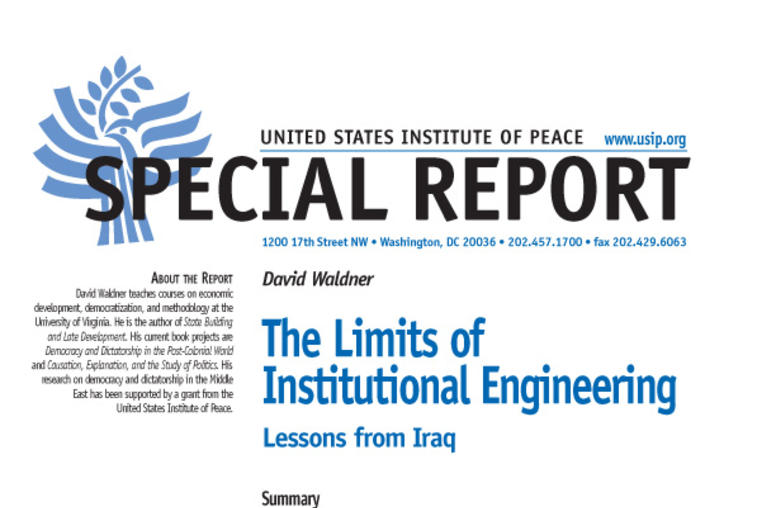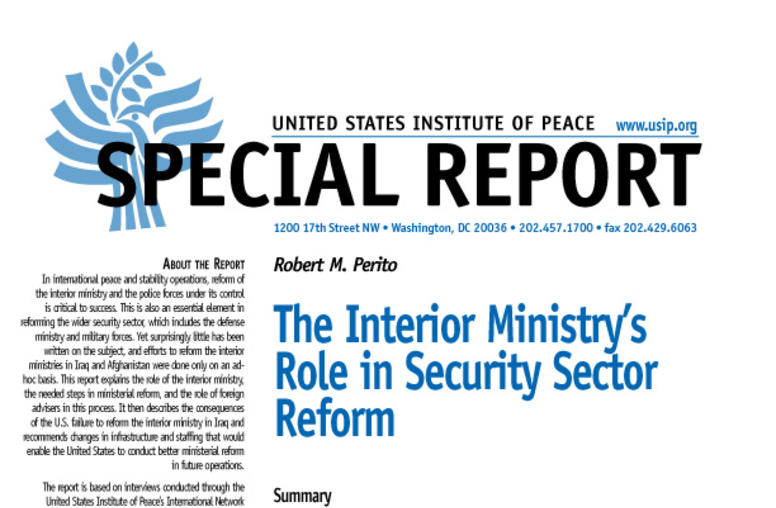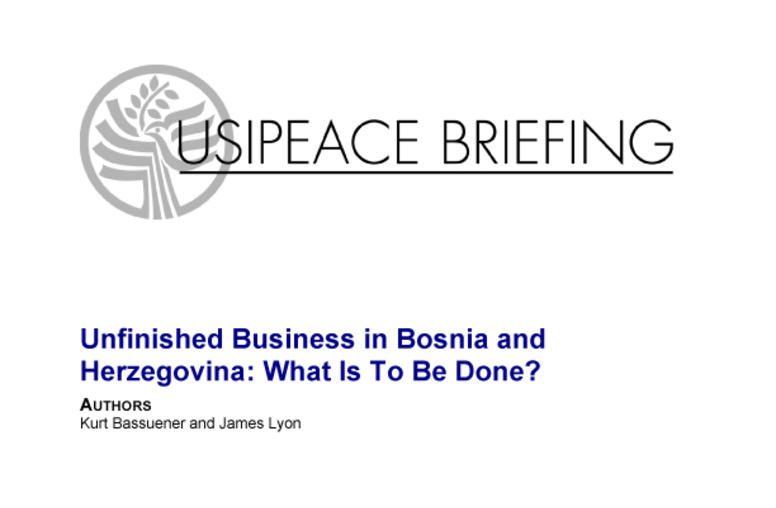Publications
Articles, publications, books, tools and multimedia features from the U.S. Institute of Peace provide the latest news, analysis, research findings, practitioner guides and reports, all related to the conflict zones and issues that are at the center of the Institute’s work to prevent and reduce violent conflict.
On the Issues: Pakistan
President Barack Obama recently met with Pakistan President Asif Ali Zardari and Afghan President Hamid Karzai and pressed the two leaders to do more to combat Taliban and al Qaeda fighters in the border area. Rodney W. Jones, program officer for USIP’s Center for Conflict Analysis and Prevention, assesses Pakistan’s efforts to battle insurgents, the Obama administration’s new approach on Pakistan and Afghanistan, and what USIP is doing to address the problems in the troubled region.
Passing the Baton 2009
On January 8, 2009, the United States Institute of Peace convened Passing the Baton 2009, a remarkable full-day public conference that convened high-level, bipartisan US foreign policy leaders to speak on crucial foreign policy and security issues facing the Obama administration as it transitions into power.
Religion, Conflict, and Education
USIP's Current Projects on Religion, Conflict, and Education Curricular Material for Madrassas In Indonesia, USIP is working with local Islamic scholars and clergy to develop curricular materials that provide contemporary interpretations of Islamic texts on peace, violence, interfaith relations, human rights, the status of women, and the environment. Materials developed in Aceh have been piloted and embraced by local ulama. The materials are currently being translated into English and...
International Law and Armed Conflict
Rule of Law is examining the evolving legal and institutional arrangements for addressing violations of international humanitarian law (IHL). As part of this ongoing effort, USIP has just produced a guide to training programs in IHL for military personnel around the world.
Iraq and Its Neighbors
This initiative, which brings together leading figures from Iraq and its six neighbors, and produced the March 2007 Marmara Declaration, is the only initiative of its kind.
Core Conflict Management Resources
An online toolkit for peacemakers, negotiators, and other conflict management practitioners.

America's Strategic Posture
For more than eleven months this bipartisan commission of leading experts on national security, arms control, and nuclear technology met with Congressional leaders, military officers, high-level officials of several countries, arms control groups, and technical experts to assess the appropriate roles for nuclear weapons, nonproliferation programs, and missile defenses. This official edition contains a discussion of key questions and issues as well as the Commission’s findings and recommendati...

The Limits of Institutional Engineering: Lessons from Iraq
Post-conflict, post-totalitarian societies like Iraq possess many economic, political, social, and cultural characteristics that are not conducive to democratic governance. A central pillar of democracy promotion is that judicious institutional engineering--crafting new institutions and other elements outlining the democratic rules of the game--can overcome these obstacles and engender stable democracies.

The Interior Ministry's Role in Security Sector Reform
Efforts to create an effective interior ministry and a professional and community oriented police force cannot succeed unless they are part of an overall effort for security sector reform. SSR, a relatively new concept, refers to the highly political and complex task of transforming the institutions and organizations responsible for dealing with security threats to the state and its citizens.

Unfinished Business in Bosnia and Herzegovina: What Is To Be Done?
This is the first of three papers USIP will publish this month on Bosnia, each with a different analytical perspective on what is happening in Bosnia and what needs to be done there to prevent a return to violence. We do this in the hope that these papers will generate a fuller debate on options that might be pursued by the U.S. government (USG), Europe and Bosnians.